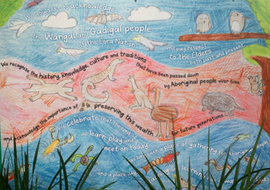Learning From Home - Zoom
'Synchronous learning refers to instructors and students gathering at the same time and (virtual or physical) place and interacting in “real-time”. Asynchronous learning refers to students accessing materials at their own pace and interacting with each other over longer periods.'
Stanford School of Ed. 2020
Stanford School of Ed. 2020
Articles
Read the following articles exploring synchronous and asynchronous learning in a learning from home context.
Asynchronous Learning or Live Lessons? Which One Works Better for Me?
Teachers, Live Screen Time Is Precious. Use It Well
Read the following articles exploring synchronous and asynchronous learning in a learning from home context.
Asynchronous Learning or Live Lessons? Which One Works Better for Me?
Teachers, Live Screen Time Is Precious. Use It Well
In breakout rooms, discuss your key takeaways from the articles.
Record key points from your discussion on this doc.
Record key points from your discussion on this doc.
Stage Breakout Rooms
Reflecting on the articles, discussion and success criteria, collaborate to design and plan your Zoom sessions for next week.
Reflecting on the articles, discussion and success criteria, collaborate to design and plan your Zoom sessions for next week.
Zoom Lesson Observations
Speak to your supervisor if you are interested in observing another class's zoom session.
Speak to your supervisor if you are interested in observing another class's zoom session.

